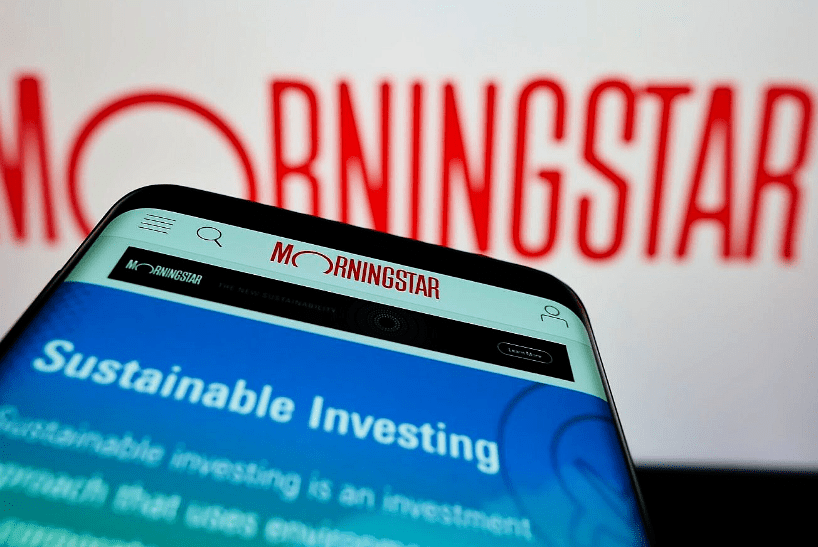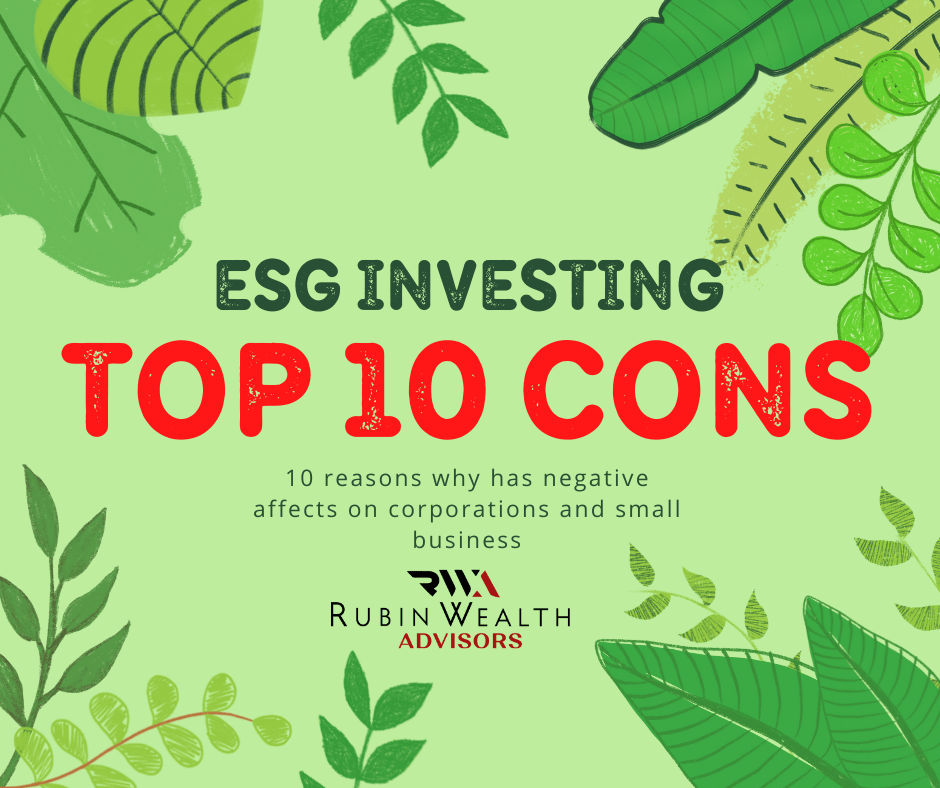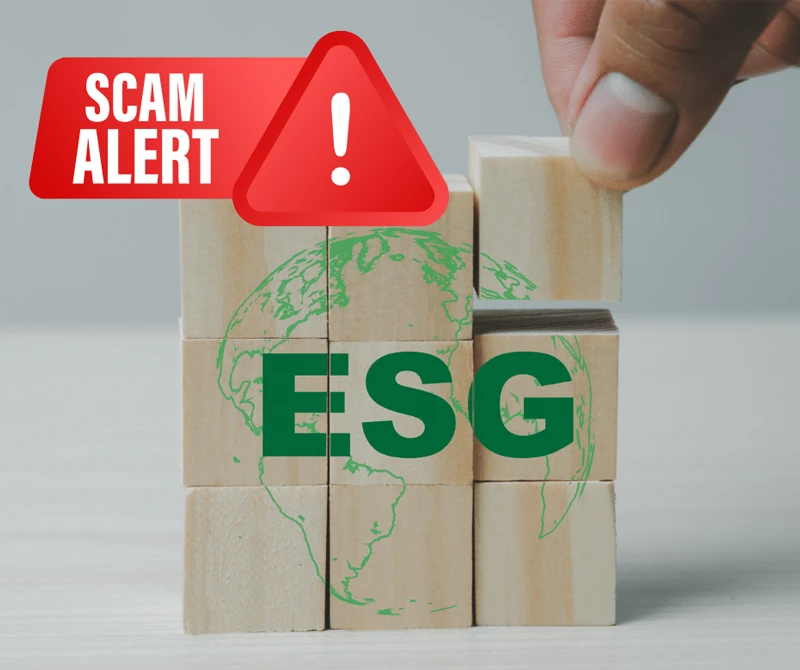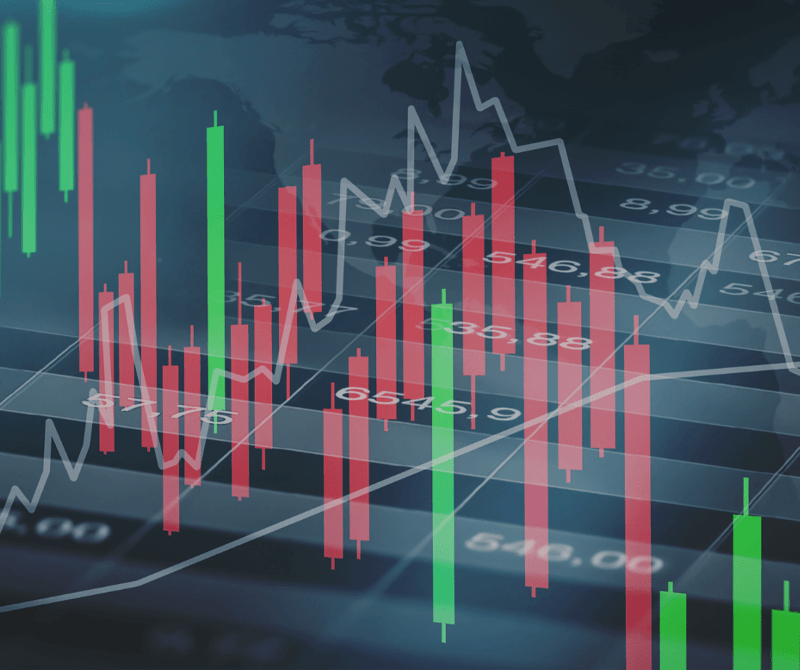ESG Funds held 2.7Trillilon dollars. The SEC looking to stop greenwashing.
/in Uncategorized /by Bob Rubin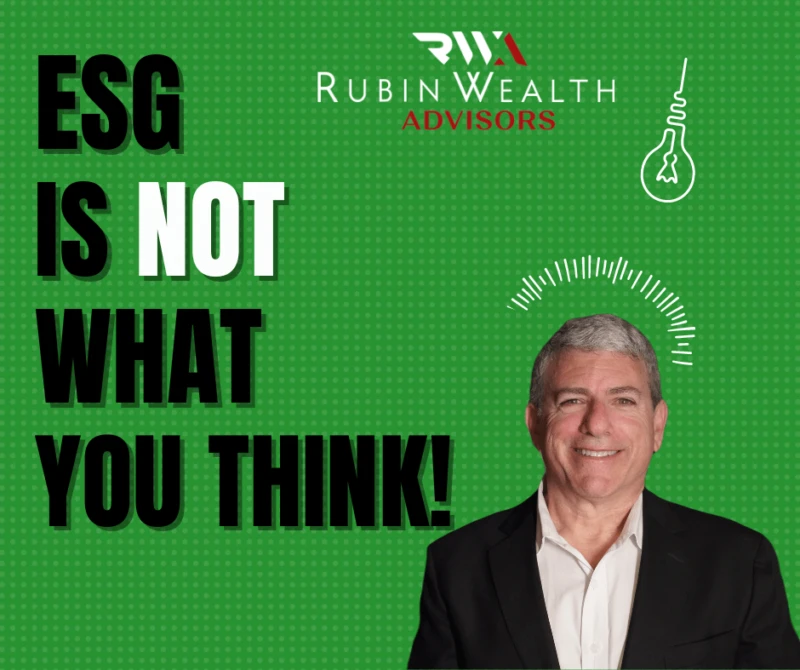
In 2021, ESG funds held $2.7T around the world. But, again, BlackRock, the most significant asset manager in the world, has set the pace.
But now the pushback is here. Politicians and investors against ESG say it hurts local businesses, doesn’t give good returns, isn’t transparent, and undermines democracy. The SEC is also looking at ESG funds to stop “greenwashing.” Republicans are at the front of the pushback. They say that CEOs of companies are forced to make decisions that go against what they think is best to keep the ESG label. They say the label started because blue-zone states like California and New York followed ESG guidelines when investing most of their pension funds. So maybe it’s time for red-zone states to fight back, say, Republicans.
So far this year, 17 states run by the Republican Party have introduced at least 44 bills to punish companies that adopt ESG-friendly policies, especially financial companies that offer ESG funds. Recently, Florida Gov. Ron DeSantis told the state pension fund managers that they couldn’t use ESG criteria to choose investments. Glenn Hegar, the comptroller of Texas, put ten major financial firms, like BlackRock and Credit Suisse, on a “blocklist” for “boycotting energy companies.” Likewise, West Virginia broke ties with some companies, saying their environmental, social, and governance (ESG) efforts hurt the coal industry.
Even “anti-woke” ETFs have been created in response. The largest is the U.S. Energy ETF (DRLL) from Strive Asset Management. It has raised more than $315 million in less than a month, mostly from small investors. Vivek Ramaswamy, the executive chair of Strive and an entrepreneur, is a vocal critic of ESG. He says that if ESG didn’t limit U.S. energy stocks, their value would double or triple over the next two years. With Europe having to ration energy this winter, many people agree that there are better times to lower energy prices, which would stop people from investing in energy. Those on the left are also attacking ESG funds.
Progressives say that many of these ESG funds only do little to support socially responsible goals. Instead, they try to make money from investors who want the “feel-good” label. Evidence? The most significant ESG funds, like the US ESG Aware ETF (ESGU) from i Shares, have similar weights for about 90% of the S&P 500. Their performance is also very similar to that of SPY. That’s a low standard. But that doesn’t stop these ETFs from charging much money to be an “ESG investor.” On average, the fees for ESG ETFs are 43% higher than those for other ETFs. For example, BlackRock’s ESG Aware fund has five times higher prices than its Core S&P 500 fund. The same things are said about rating agencies, which also get a lot of money from this considerable fee stream. About 160 providers make ESG rating data and sell it. By far, MSCI is the most used. Bloomberg Intelligence says that 60% of the money individual investors have put into ESG funds worldwide has gone into funds made with MSCI’s ratings. UBS Group AG says that 40% of all these fees go straight to MSCI. So MSCI has made much money from the recent rush of investors into ESG. From 2019 to 2021, its price went up, but it has been going down for a while now. Let’s use MSCI to take a different look at our “low bar” point about ESG. The iShares ESGU fund has a AAA rating from MSCI. Not a big surprise. But SPY also has a AAA rating from
MSCI! What’s up? The drop of 5% in large-cap companies and underweighting of a more significant number of companies is a big deal for the underweighting of the larger companies. They are crying out. This is what keeps conservatives going. But it’s also a letdown for progressives, who may have thought that these funds would change capitalism for the better. At the same time, rating agencies like MSCI make a lot of money by selling their ratings to funds, which investors pay for. And that makes everyone mad. In short, there is criticism from everywhere. So, what exactly is ESG? No one knows, and that’s the thing. In 2004, the United Nations released a report arguing that investors should consider “ESG factors” when investing. When you read this report, you will encounter a simple definition puzzle. At times, ESG is about how companies do things that are good for the world, like reducing carbon emissions, ensuring workers don’t get hurt on the job, or helping their local communities, but likely at a high cost to the companies. In other words, ESG entails practices in the firm’s interests over time. Which one is it? This is the beginning of the straddle. On the one hand, most retail investors (and politicians from blue states) who buy ESG do so because they want to save the world. They want strong policies, not just wise advice for CEOs about how to look out for their interests. But on the other hand, rating agencies know they can’t tell pension portfolio managers to ignore their fiduciary duty to investors. It might look like there’s no way around this. But there’s a way out. What if we look at a company’s self-interest over the next 20 or 30 years? (When defending its most vague ESG rating criteria, BlackRock emphasizes the word “long term.”) It’s okay if CEOs of companies and experts hired by rating agencies don’t know what the world will be like in 2050. But, also, think about this: Laws and rules that haven’t been made yet will be among the risks of that future world. The original U.N. document discusses “increasing pressure from civil society to improve performance, transparency, and accountability, which can lead to reputational risks if not handled properly.” Here’s the bottom line. By saying that laws and rules that will be in place tomorrow are a risk to a company’s reputation today, ESG raters say they know how our democracy will decide on all these issues in the future. CEOs follow ESG guidelines despite not agreeing with the ESG raters about the long-term value of their companies, but to avoid reputational risk. In this way, the ratings are self-reinforcing in a strange way. They don’t need a reason. When CEOs of companies say that adopting ESG standards is in the long-term interests of shareholders, they are telling the truth. But, of course, shareholders lose when there is bad press. But, as Ramaswamy points out, if you follow that thinking, ESG is not much more than “a protection racket.” Let’s move on to the next problem with a definition. Let’s say we agree with this project as a whole. We want to determine the company’s risks over the next few decades. This includes risks that come from public policy. So how do we even start something so big? How do we know what the world’s risks will be in 2050? And how do we know.
Did you enjoy this article? If so, check out some of our other content here!
Talk with a financial expert who has your same moral values and works in your best interest. Schedule a call with Bob today
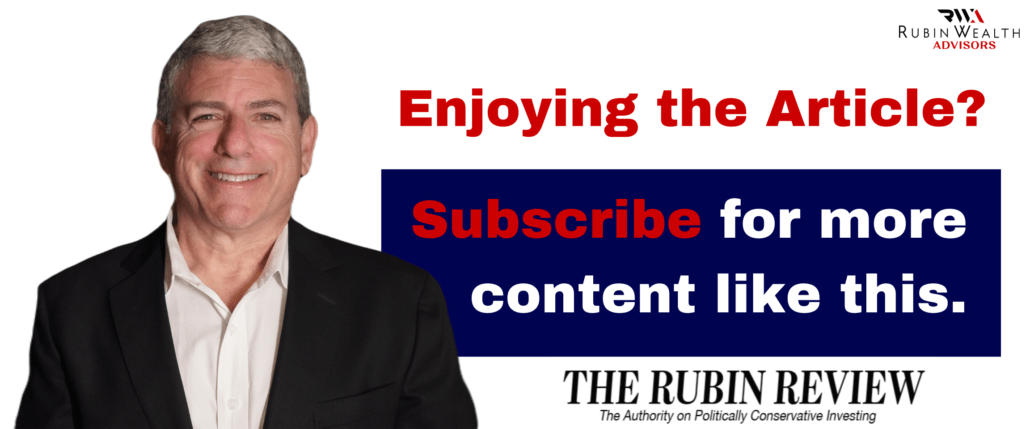
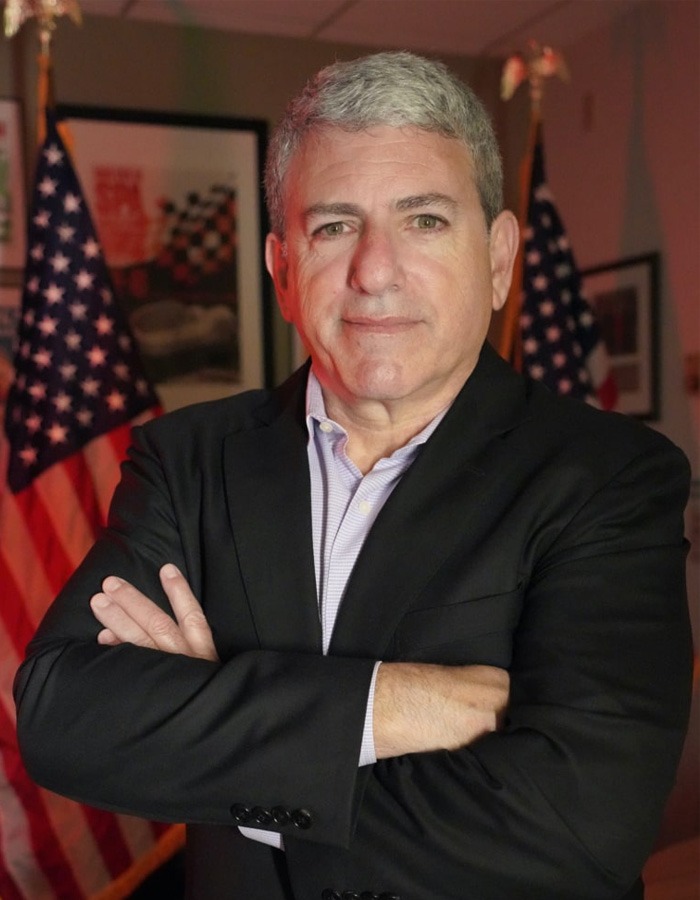
Are you concerned about inflation, ESG compliances, and the 2022 crypto crash?
Your investment portfolio can be affected by any or all of these factors.
Schedule an appointment with Bob Rubin, your dedicated, conservative financial advisor, for a free portfolio analysis today.
Get started by clicking the button below.
Related Articles
No BS… Just straight forward advice
Contact Bob, the Nation’s Predominant
Politically Conservative Financial Advisor Today!

